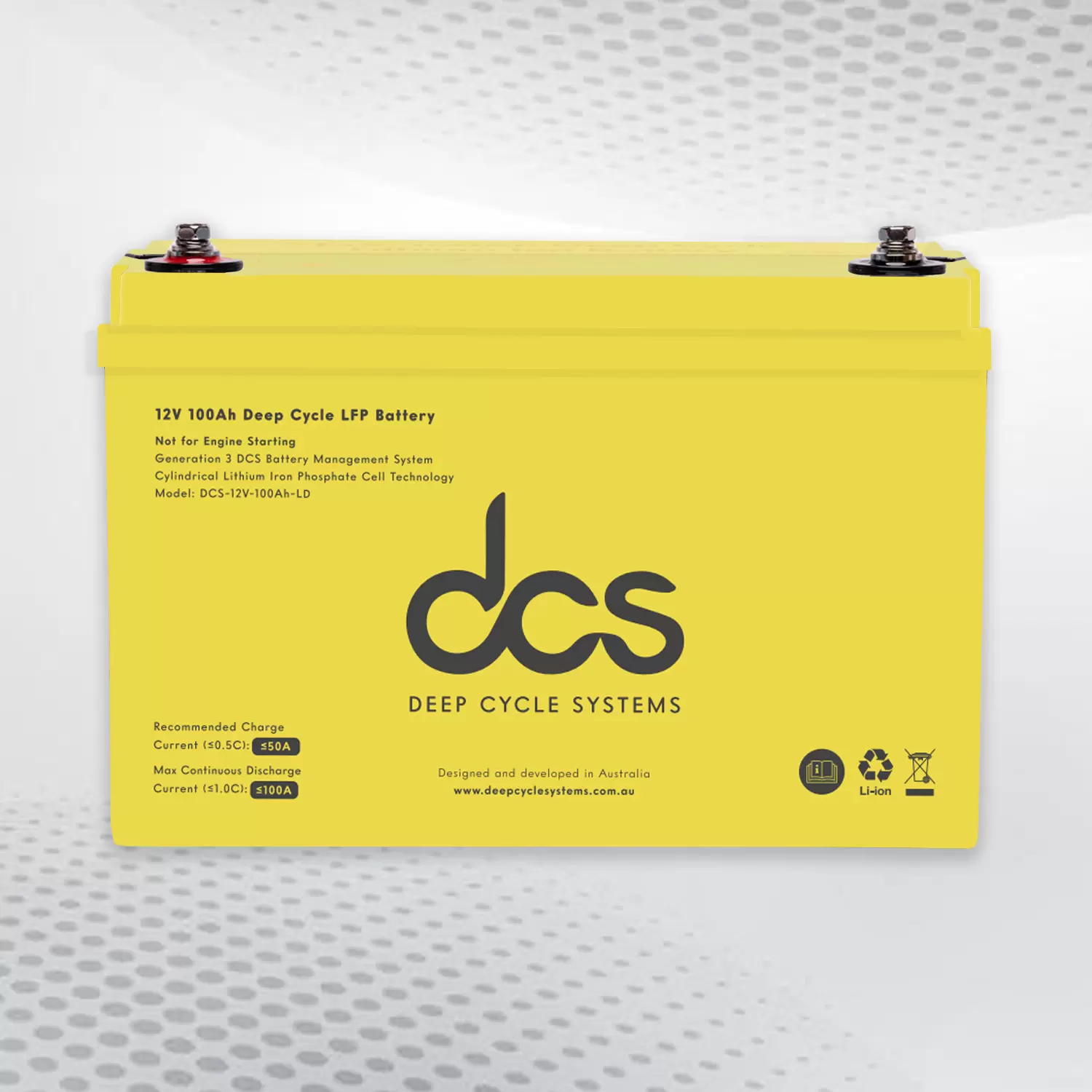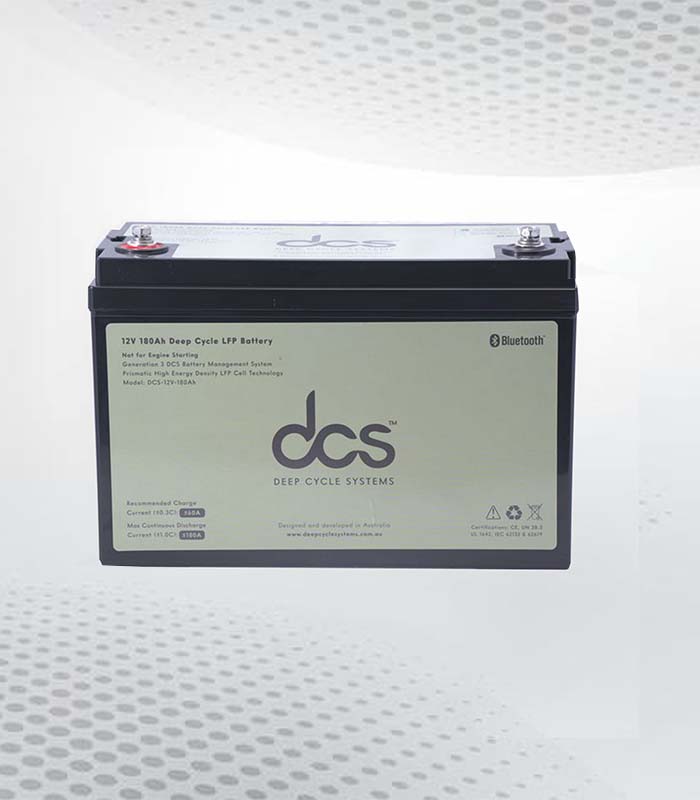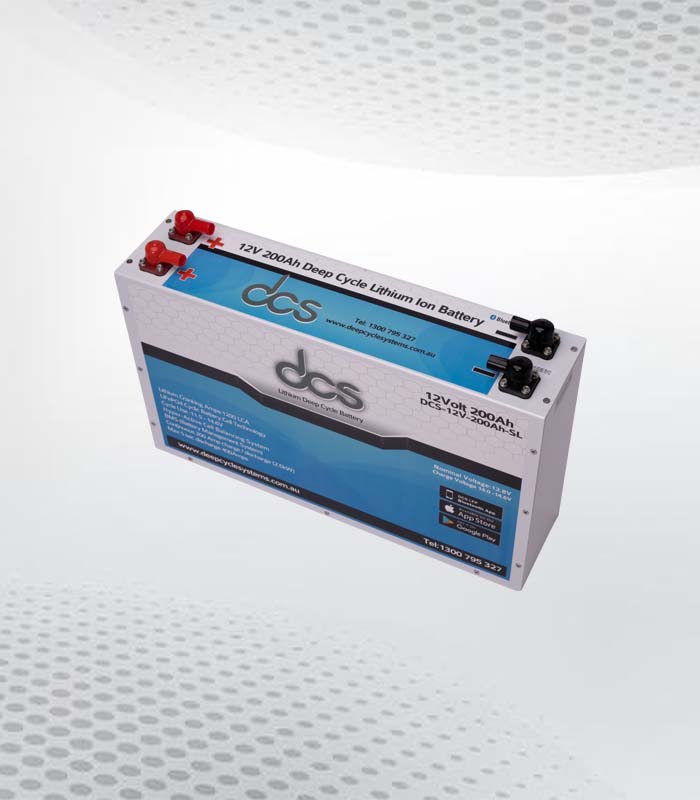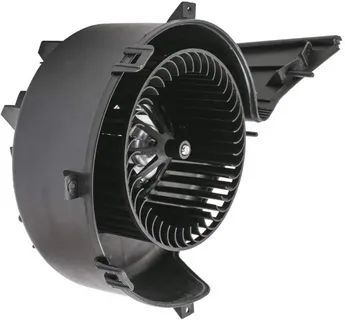In the modern energy storage landscape, the 12V 100Ah lithium ion battery stands out as a remarkable technology. Its widespread use across various sectors highlights its effectiveness and versatility. Whether powering a recreational vehicle or supporting renewable energy systems, this type of battery offers numerous advantages, making it an ideal choice for consumers seeking reliability and efficiency.
Overview of Lithium-Ion Battery Technology
Lithium-ion batteries, known for their high energy density and lightweight design, have revolutionised modern energy storage. These rechargeable batteries utilise lithium ions moving between the negative and positive electrodes to generate electricity. The chemistry involves lithium cobalt oxide or lithium iron phosphate, contributing to the battery’s efficiency and longevity.
Due to their ability to store more energy compactly, they are extensively used in consumer electronics, electric vehicles, and stationary energy storage systems. The high cycle life of lithium-ion batteries allows for numerous charge and discharge cycles with minimal capacity loss.
This technology also supports rapid charging and discharging, making it highly efficient for various applications. Their design minimises the risk of memory effect, a common issue in other rechargeable batteries, thereby ensuring consistent performance over time. Integrating Battery Management Systems (BMS) enhances safety and operational efficiency, protecting against potential problems such as overcharging and overheating.
Technical Specifications of a Li Ion 12v 100ah Battery
A li ion 12v 100ah battery is designed to provide consistent and efficient power. This battery typically has a nominal voltage of 12.8V and a capacity of 100Ah, translating to 1,280 watt-hours (Wh) of energy storage. The battery is often encased in a durable, lightweight shell weighing approximately 10-15 kilograms. It can operate efficiently within a temperature range of -20°C to 60°C, although optimal performance is usually achieved between 15°C and 35°C.
The charge voltage for this battery type is generally set between 14.4V and 14.6V, with a discharge cut-off voltage around 10V to 11V to protect against deep discharge damage. The battery can deliver a continuous discharge current of up to 100 amps and can handle peak discharge currents of up to 200 amps for short durations. The battery’s cycle life can exceed 2,000 cycles at 80% depth of discharge, ensuring longevity and reliability in various applications.
Advantages of Using a 12V 100Ah Lithium-Ion Battery
The 12V 100Ah lithium-ion battery offers a range of notable advantages, particularly its lightweight and compact design. This makes transporting and installing lead-acid batteries significantly more manageable than traditional lead-acid batteries. Another key benefit is its high energy density, allowing more energy storage in a smaller space, which is ideal for space-constrained applications.
The long lifespan of lithium-ion batteries ensures they can be charged and discharged numerous times with minimal capacity loss. Additionally, these batteries support rapid charging and discharging, enhancing their efficiency for various applications. Their design also minimises the risk of memory effect, ensuring consistent performance over time. Integrating Battery Management Systems (BMS) enhances safety and operational efficiency by protecting against issues such as overcharging and overheating.
Moreover, lithium-ion batteries are more environmentally friendly due to their long life cycle, reducing the need for frequent replacements and contributing to lower overall waste.
Applications in Renewable Energy Systems
In renewable energy systems, the 12V 100Ah lithium-ion battery is an essential energy storage component. These batteries efficiently store energy generated from solar panels and wind turbines, ensuring a steady supply of electricity even during periods of low generation. Their ability to handle deep discharges without significant degradation enhances the overall efficiency of renewable systems.
Additionally, these batteries’ compact and lightweight design allows for easy installation in various settings, from residential solar setups to large-scale wind farms. By facilitating the practical storage and utilisation of renewable energy, these batteries contribute significantly to advancing sustainable energy solutions.
Role in Recreational Vehicles and Marine Applications
For recreational vehicles (RVs) and marine applications, the 12V 100Ah lithium-ion battery offers numerous benefits. Its lightweight design reduces the overall weight of cars and boats, improving fuel efficiency and ease of handling. The battery’s capability to provide consistent power for extended durations makes it ideal for running onboard electronics and appliances, such as lighting, refrigerators, and navigation systems.
Furthermore, its robust construction is engineered to withstand the vibrations and temperature fluctuations in these environments. The battery’s rapid charging and discharging features also ensure that it can quickly replenish power reserves, which is particularly advantageous for users who need reliable energy. This combination of durability, efficiency, and lightweight design makes the 12V 100Ah lithium-ion battery a superior choice for powering recreational vehicles and marine equipment.
Comparing Lithium-Ion with Lead-Acid Batteries
Lithium-ion batteries offer several advantages over lead-acid batteries, making them a preferred choice for many applications. One of the primary benefits is their higher energy density, which allows them to store more energy in a smaller, lighter package. This makes lithium-ion batteries more suitable for applications where weight and space are critical factors. Lithium-ion batteries have a significantly longer lifespan, often lasting up to ten years or more, compared to the shorter cycle life of lead-acid batteries.
They also feature faster charging times, allowing users to replenish their power reserves quickly. While lead-acid batteries are typically more affordable upfront, lithium-ion batteries’ long-term savings and reduced maintenance requirements often outweigh the initial investment. Furthermore, lithium-ion batteries do not suffer from the same performance degradation over time and have a lower self-discharge rate, making them more reliable for long-term use.
Understanding Battery Management Systems (BMS)
A Battery Management System (BMS) is integral to the optimal functioning of a 12V 100Ah lithium-ion battery. This sophisticated system monitors various parameters, such as voltage, current, temperature, and state of charge. By continuously assessing these factors, the BMS ensures the battery operates within safe limits, enhancing its longevity and performance.
The system safeguards against overcharging, over-discharging, and overheating, which can severely damage the battery or reduce its lifespan. It also balances the charge across individual cells, preventing imbalances that could reduce efficiency or failure.
Additionally, the BMS often includes communication capabilities, providing real-time data to users or integrated systems for better energy management. This data can help optimise charging cycles and discharge patterns, extending the battery’s life and reliability. With these comprehensive monitoring and protective features, a BMS is essential for maintaining the safety and efficacy of lithium-ion batteries in diverse applications.
Safety Considerations for Battery Lithium Ion 12v 100ah
Observing specific safety measures is essential when handling a battery lithium ion 12v 100ah. Avoid exposing the battery to extreme hot and cold temperatures to prevent thermal runaway or capacity loss. Ensure the battery is kept from water and moisture to avoid electrical short circuits. It’s also crucial to use appropriate charging equipment designed for lithium-ion batteries to prevent overcharging or applying incorrect voltage levels.
Periodically inspect the battery for signs of damage, such as swelling or leakage, and discontinue use if any abnormalities are detected. Avoid physical damage to the battery by not dropping or puncturing it. Implementing these safety considerations can significantly enhance the safe operation and longevity of the battery.
Charging and Discharging Characteristics
The 12V 100Ah lithium-ion battery exhibits highly efficient charging and discharging characteristics. It boasts a high charge acceptance rate, allowing rapid recharging without significant energy loss. During discharge, the battery maintains a stable voltage output, ensuring consistent power delivery to connected devices. This makes it particularly suited for applications that require reliable and sustained energy.
Additionally, the battery can handle deep discharges without negatively impacting its longevity, providing flexibility for various usage scenarios. The efficiency of both charging and discharging processes enhances the overall performance and reliability of the battery, making it a superior choice for demanding applications.
Environmental Impact and Recycling Options
Lithium-ion batteries offer a reduced environmental footprint due to their superior efficiency and prolonged lifespan, which diminishes the frequency of replacements. Despite these advantages, effective recycling options are imperative for mitigating ecological concerns during the disposal phase. Specialised recycling processes exist to reclaim valuable materials such as lithium, cobalt, and nickel from spent batteries. These processes help lessen the reliance on virgin resource extraction, thus minimising environmental degradation.
Additionally, recycling lithium-ion batteries helps manage waste, preventing harmful substances from entering the environment. Manufacturers and recycling companies are increasingly investing in advanced recycling technologies to improve recovery rates and safely handle these batteries.
Regulatory frameworks in various regions also mandate proper disposal and recycling protocols, encouraging more sustainable practices. By focusing on efficient recycling methods, the overall environmental impact of lithium-ion batteries can be significantly reduced, supporting broader sustainability goals.
Longevity and Maintenance Tips
Adhering to regular maintenance practices is crucial to extend the life of a 12V 100Ah lithium-ion battery. Keeping the battery clean and free from dust or debris helps maintain its optimal performance. Operating the battery within its recommended charge and discharge limits is important to avoid accelerating its degradation. Extreme high and low temperatures should be avoided as they can adversely affect the battery’s longevity. Regular inspections for physical damage, such as swelling or leakage, can preempt potential issues.
Ensuring the Battery Management System (BMS) is functioning correctly can also enhance the battery’s performance. Appropriate charging equipment explicitly designed for lithium-ion batteries is essential to maintain the battery’s health. Periodic health checks and adhering to the manufacturer’s guidelines will contribute to the battery’s extended lifespan and reliable operation.
Cost Considerations and Investment Value
While the initial cost of a 12V 100Ah lithium-ion battery may be higher than traditional lead-acid batteries, the investment is justified by numerous long-term benefits. The extended lifespan of lithium-ion batteries reduces the frequency of replacements, lowering the overall cost of ownership. Additionally, their high efficiency and superior energy density mean they deliver more power and require less space, further enhancing their value in various applications.
Reduced maintenance requirements also contribute to cost savings, as lithium-ion batteries do not suffer from issues such as sulfation that commonly affect lead-acid batteries. Moreover, the rapid charging capabilities and consistent performance over time minimise downtime and improve operational efficiency. When considering the total cost of ownership, including energy savings, maintenance, and longevity, investing in a 12V 100Ah lithium-ion battery proves to be a financially sound decision.
Conclusion
The 12V 100Ah lithium-ion battery embodies advanced technology and practical benefits, making it highly valuable across diverse applications. Its high energy density and lightweight design make it particularly suitable for space-constrained environments, while its long lifespan ensures a lower total cost of ownership. Integrating Battery Management Systems (BMS) enhances safety and operational efficiency, providing an extra layer of reliability. This battery is indispensable for renewable energy systems, recreational vehicles, and marine applications, thanks to its ability to deliver consistent power and rapid charging capabilities.
FAQs
Q: How long can a 12V 100Ah lithium-ion battery power a device?
A: The duration depends on the device’s power consumption. For instance, a device drawing five amps could run for approximately 20 hours.
Q: Are 12V 100Ah lithium-ion batteries safe for home use?
A: Yes, they are safe when proper safety guidelines are followed.
Q: Can these batteries be charged with solar panels?
A: They are well-suited for charging with solar panels, making them ideal for renewable energy systems.
Q: How do lithium-ion batteries perform in cold weather?
A: While performance can decline in frigid temperatures, they generally function well across a wide temperature range with proper management.
Q: Is it necessary to fully discharge a lithium-ion battery before recharging?
A: No, lithium-ion batteries do not require a full discharge before recharging and can be charged at any discharge state.




